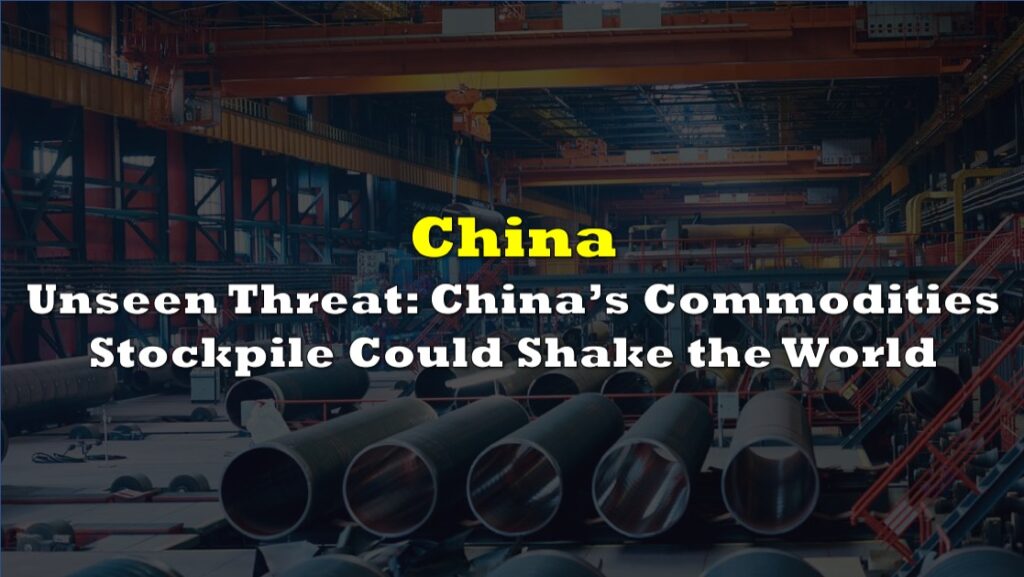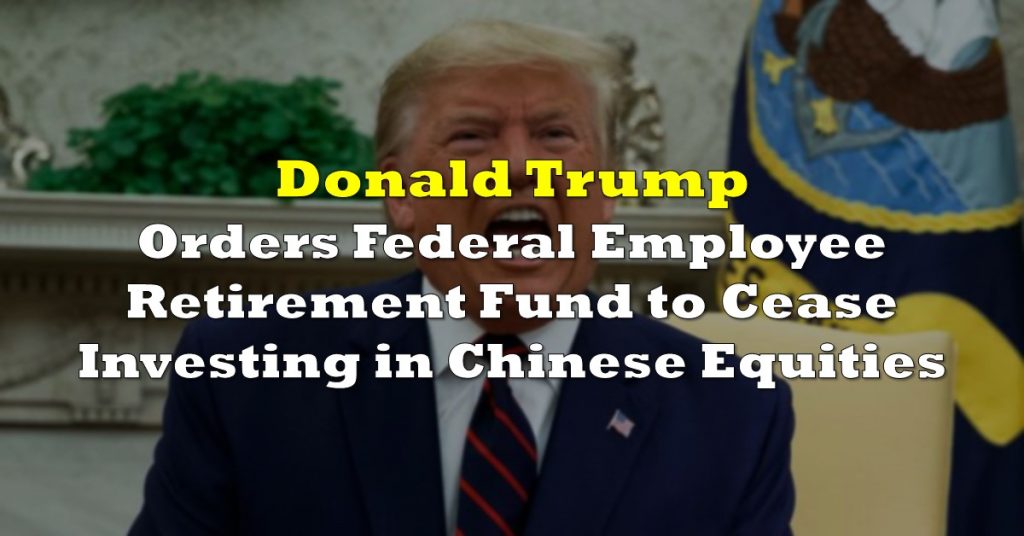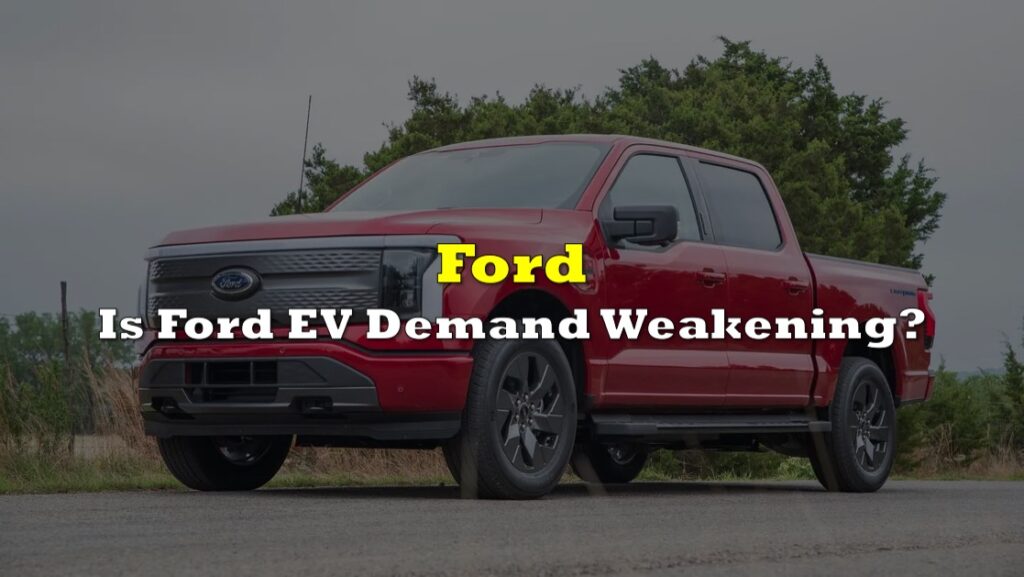The Biden administration has introduced new regulations aimed at curbing China’s influence in the country’s electric vehicle supply chain. These rules, unveiled by the US Treasury, have sparked debates over their potential impact on the transition from traditional gasoline-powered vehicles to EVs.
Effective next month, EVs manufactured in the United States that incorporate Chinese-made battery components will no longer qualify for the full subsidies provided under President Joe Biden’s $369 billion landmark climate law.
Additionally, EVs will be ineligible for incentives under the Inflation Reduction Act if they are produced by companies closely affiliated with the Chinese government or through licensing agreements with Beijing-controlled operators.
John Podesta, Biden’s top clean energy adviser, emphasized the administration’s commitment to ensuring that the future of the US electric vehicle sector remains domestically rooted. “With this guidance and the clarity that it will provide, we’re ensuring that the US electric vehicle future will be made in America,” Podesta stated.
These regulations follow a recent meeting between President Biden and Chinese President Xi Jinping, reflecting the delicate balance the Biden administration is trying to strike between environmental goals and economic competition. Podesta highlighted China’s dominance in key technologies and battery production, asserting that China outpaces both the US and its allies in these critical areas.
China’s control extends beyond EV and battery production, as the nation processes over half of the world’s lithium, cobalt, and graphite—essential components for EVs. As the Biden administration aims for EVs to represent 50% of all new vehicle sales by 2030, these rules are crucial to navigate the complexities of global supply chains.

The immediate impact of the rules is expected to reduce the number of EV models qualifying for the full $7,500-per-vehicle tax credit under the IRA law. The restrictions will also apply to grants issued by the US’s 2021 infrastructure law and, starting in 2025, to critical minerals used in EV components.
Eli Hinckley, a partner at Baker Botts, acknowledged the potential challenges in implementing these rules, stating, “If you’re trying to source all of the components of an EV without drawing on any Chinese content… it’s going to be logistically more challenging and likely a more expensive product at this moment in time.”
However, the Biden administration has allowed carmakers a two-year transition period to adapt to regulations concerning small battery parts lacking tracing standards, providing some flexibility for industry players. The Alliance for Automotive Innovation, representing US car and battery manufacturers, applauded the Treasury’s balanced approach, highlighting the significance of the two-year transition period.
Despite this, critics argue that the rules may not go far enough. The Chinese embassy in Washington condemned the regulations as “another example of the US’s practices of unilateralism and economic bullying.” Republican politicians, including Mike Gallagher and Democratic Senator Joe Manchin, expressed concerns about potential loopholes benefiting Chinese participation.
Amidst the debates, industry players such as General Motors and Ford are assessing the implications of these rules. GM expressed confidence in the eligibility of its EVs for tax credits, while Ford is carefully reviewing the situation.

The new regulations have also sparked reactions from within the industry. John DeMaio, President of Graphex Group, a graphite processing company based in Hong Kong, acknowledged the challenges but noted that the rules would expedite the company’s plans to shift operations away from China.
“It’s very hard to completely extricate ourselves from China,” DeMaio commented, emphasizing the complexities of disengaging from Chinese supply chains. “It’s kind of like holding a wolf by the ears. You don’t like it necessarily, but you can’t let it go.”
John Passalacqua, CEO of First Phosphate, expressed gratitude for the recent update to the Inflation Reduction Act, stating that the company has consistently adhered to the spirit rather than the letter of the law.
Passalacqua noted that Tesla’s LFP battery-based vehicles might no longer qualify for US subsidies, leading automakers to seek local North American battery supply chain solutions.
“This is exactly what First Phosphate has been busy building over the last 18 months… Welcome to America… land of the brave and the free,” he said.
InsideEV’s meanwhile this morning confirmed that the rear wheel drive and long range versions of the Tesla Model 3, which are the most popular variants of the vehicle, will see their EV credits halved for 2024 under the new rules. Tesla has also confirmed this on their website, indicating that as of Jan 1 the $7,500 credit will be reduced to $3,750.
“Customers who take delivery of a qualified new Tesla and meet all federal requirements are eligible for a tax credit up to $7,500. Tax credit will reduce to $3,750 for Model 3 Rear-Wheel Drive and Model 3 Long Range on Jan 1, 2024. Take delivery by Dec 31 for full tax credit,” states Tesla.
Information for this story was found via Financial Times and the sources mentioned. The author has no securities or affiliations related to the organizations discussed. Not a recommendation to buy or sell. Always do additional research and consult a professional before purchasing a security. The author holds no licenses.









